- News
-
-
-
-
-
Latest News Articles
- WSB: Study tests accuracy of thermal drone surveys April 26, 2024
- Computer model explores Tribal use of fire for ecosystem health April 26, 2024
- 2024 TWS Elections: Southwest Representative April 25, 2024
-
-
-
- Wildlife Professional Resources
-
- Our Network
-
- PUBLICATIONS
-
-
Recent Posts
-
 The Wildlife Professional November/December Issue
November 1, 2023
The Wildlife Professional November/December Issue
November 1, 2023
-
-
-
-
-
-
- Wildlife Events
-
-
-
Upcoming Webinars
- No Events
-
-
-
- Who We Are
-
Tag: stable isotope analysis
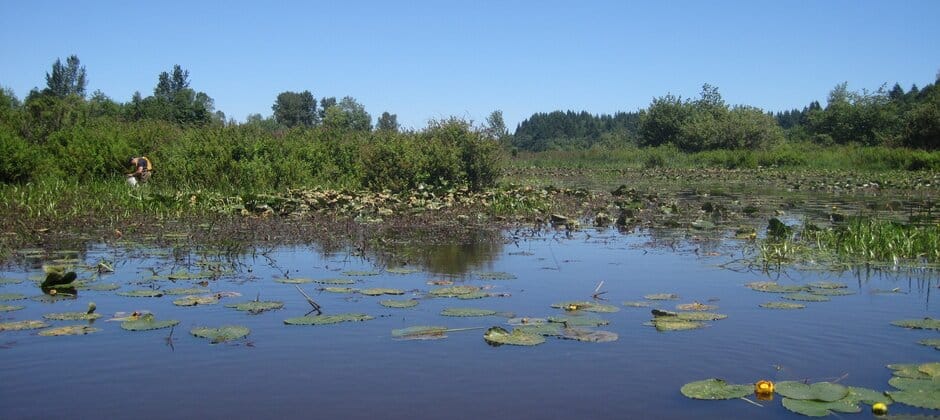
May 9, 2022
Native species can tolerate invaders in the lowland floodplains
Invasive bullfrogs and sunfish in the southwestern Washington floodplains don’t seem to be a detriment to native amphibians and fish in the area. That’s surprising, researchers say, since that isn’t...
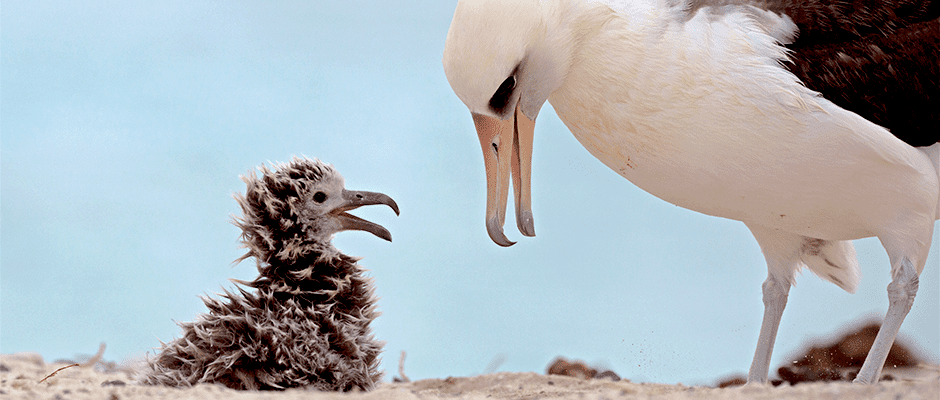
March 15, 2018
Over more than a century, seabirds have changed prey
Seabirds in Hawaii have changed their prey preference over the last 125 years, according to new research, suggesting that more birds are consuming squid rather than fish. This shift to...
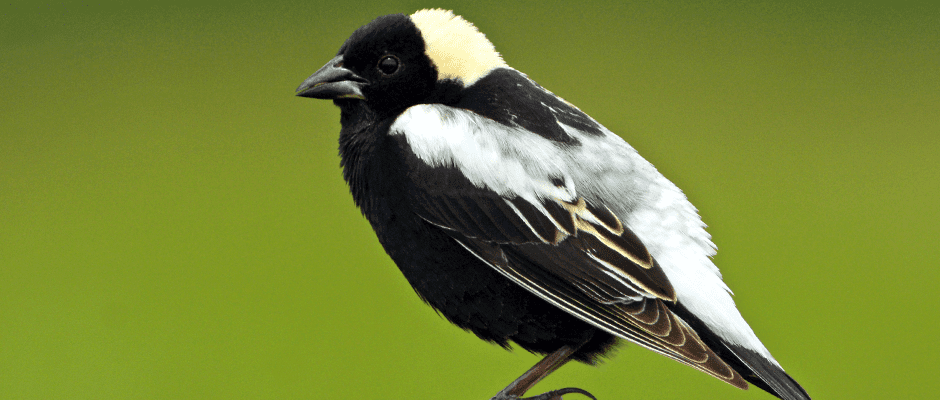
August 17, 2017
Bobolinks reliance on rice raises new concerns
Bobolinks (Dolichonyx oryzivorus) travel 12,000 miles each year to their North American breeding areas, where they have experienced habitat loss and degradation for decades. The declining grassland bird may also...
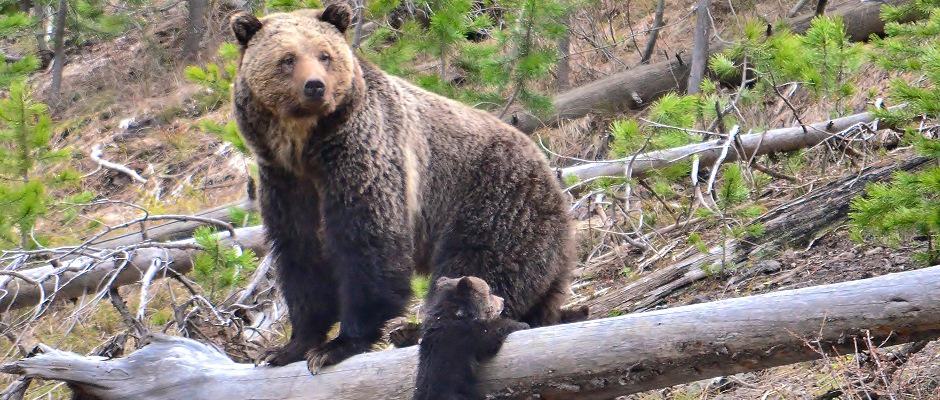
May 30, 2017
Hairs show grizzlies prefer declining tree species
A changing environment in the Greater Yellowstone Ecosystem, including a decrease in whitebark pine trees, might be causing some trouble for grizzly bears (Ursus arctos), which prefer to eat the...
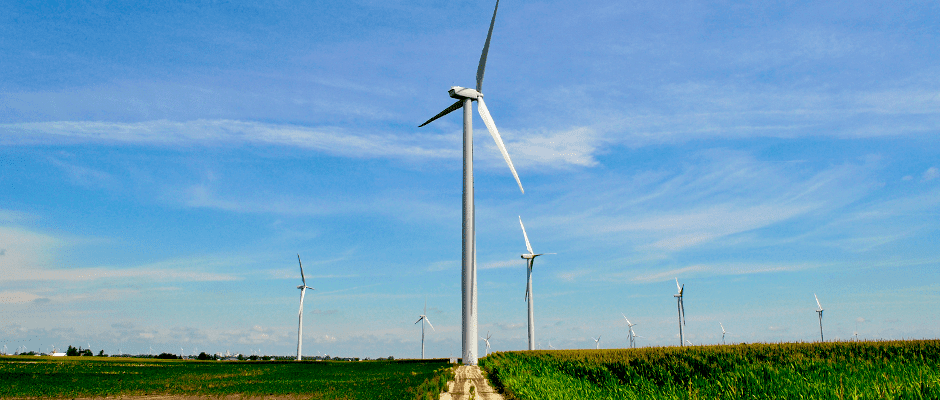
March 30, 2016
Where do the bats killed by turbines come from?
Genetic and isotope detective work is revealing the mysteries of where some of the bat species most often killed by wind turbines come from. “These are an enigmatic species,” said...

